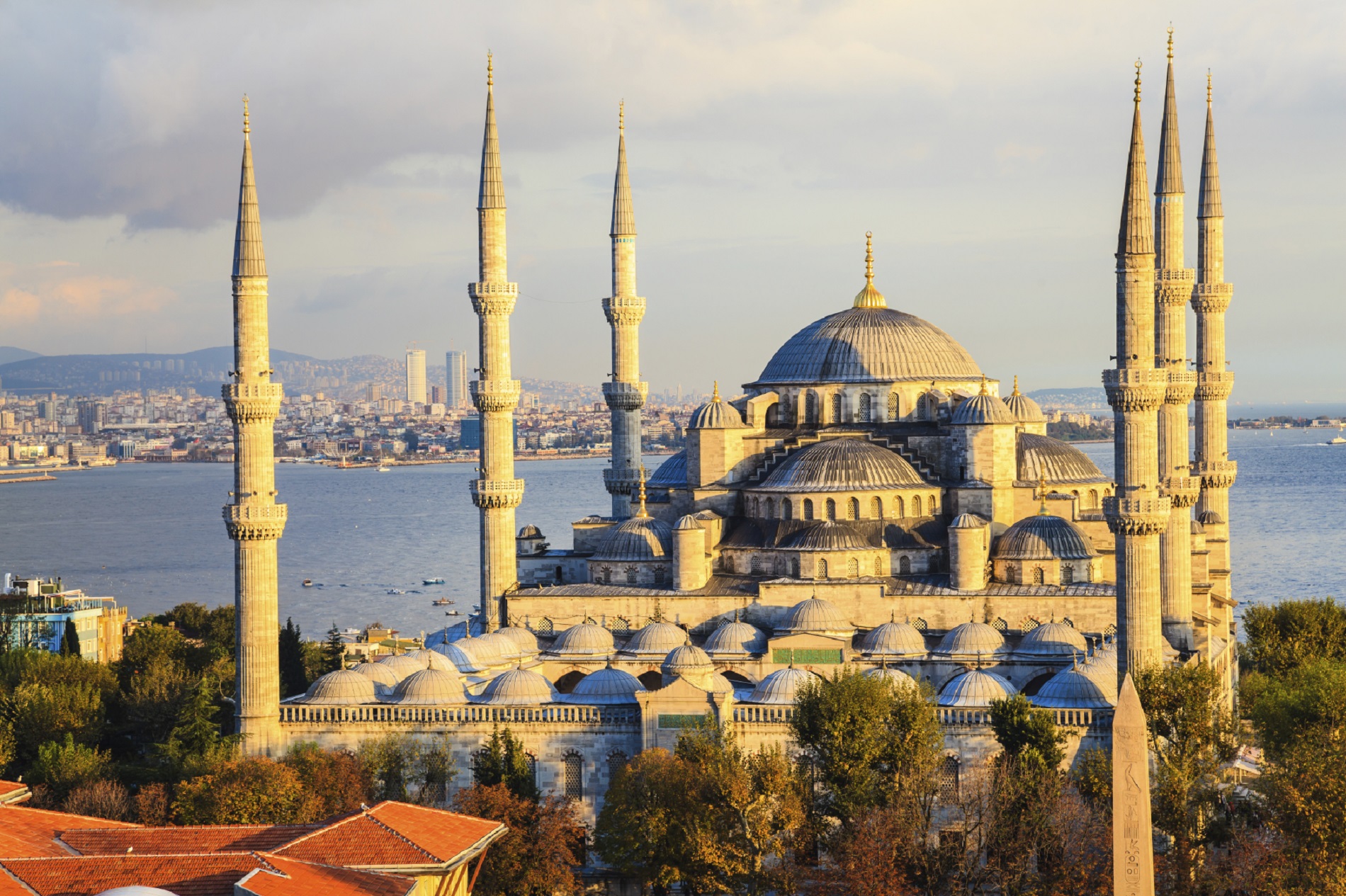Background
The recent developments in Turkey have surprised us all. An attempted coup d’etat on the 15th of July, an assassination attempt aimed at Recep Tayyip Erdoğan’s life and post-coup purges carried out by the Erdoğan administration under the auspices of combatting the coup’s supporters. 2,745 judges and prosecutors were summarily dismissed the day after the coup. The sheer numbers of those being detained or dismissed are shocking. Approximately 18,000 in total (at the time of writing this article), of whom 6,000 are soldiers (including 1/3 of all generals and admirals, and Erdoğan’s own military attaché), 9,000 police officers, 3000 judges and prosecutors, and 30 governors.
The Issue
Eight Turkish military personnel have fled the country for Greece via a military helicopter, a day after the coup attempt (16th of July). The eight, who have claimed asylum in Greece, used NATO signals of emergency to safely land in foreign ground and their Greek lawyer, Ilia Marinaki alleges that they should not be returned to Turkey for fear of their lives.
John Kerry, the US Secretary of State has warned Erdoğan that rule of law must be adhered to and democratic principles maintained. He further stated that NATO will be scrutinizing Turkey in the coming days to ensure that it fulfills the alliance’s requirement that members adhere to democratic governance. “NATO also has a requirement with respect to democracy,” Kerry said.
In fact, Erdoğan seems set to re-establish the death penalty with retroactive effect. Introducing ex post facto law in our view is against the spirit of the law itself, and also unconstitutional in most jurisdictions (see US, France, Brazil, Canada). The European Union foreign policy chief Federica Mogherini has found that Turkey’s bid for E.U. membership could be at stake. Ms Mogherini stated that “No country can become a partner state if it introduces the death penalty. That is key.” More so when it applies retroactively.
A legal issue, though also of diplomatic importance arises for Greece. The Greek agencies along with the Greek Government of Syriza will have to decide whether extradition to Turkey is a lawful option or not. As we have highlighted in the past, “No one shall expel or return (“refouler”) a refugee against his or her will, in any manner whatsoever, to a territory where he or she fears threats to life or freedom.” – United Nations’ 1951 Refugee Convention
The Eight are to stand trial for their illegal entry to Greece on the 21st, after a postponement was granted by the Court. Specifically, 7 of them are accussed of aiding and abetting the execution of an illegal flight and the pilot is charged for executing it.
At the same time, their asylum application is being examined by the relevant authorities. Turkish officials have already requested for the alleged conspirators to be extradited back to Turkey.
“We have requested Greece to extradite the eight traitors as soon possible,” Cavusoglu, Minister of Foreign Affairs of Turkey was quoted as saying by HaberTurk television.
As for the gravity of the charges against them (treachery by supporting the coup), the Eight claim that they were given orders by superiors to transport the wounded off the streets of Constantinople at a designated location. As per their lawyer’s statements, they suddenly received fire from Turkish police forces and only then realised what was happening. There were 3 helicopters in their possession, of which 2 were destroyed and were thus prompted to flee to Greece with the remaining helicopter to ensure the safety of their lives. Althoug their leave is and should remain questionable, and the answer is to be found in the factual context of the attempted coup, their account of the events is in line with that of other soldiers. Many of the soldiers were told that they were participating in a counter-terrorism effort, whereas others were told it was a training mission.
The question of whether Turkey could qualify as a ‘safe coutry’ has been a significant issue during the emergence of the Syrian refugee crisis (our view on the topic can be accessed here), yet now is the time for a definite answer to be given. It is our belief that a country that seeks to re-establish the death penalty with retroactive effect, that imprisoned thousand members of the judiciary the very day of the coup and continues with purges of the security and armed forces can hardly qualify as a ‘safe country’. In fact, it raises serious considerations as to whether the soldiers will receive a fair trial as they are entitled to, and whether they will be safe if returned there. Recent treatment of other soldiers that were allegedly members of the coup further enchances that view, that Turkey is not and cannot be considered a ‘safe country’ for those people.
